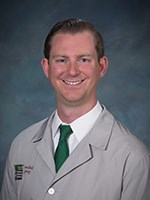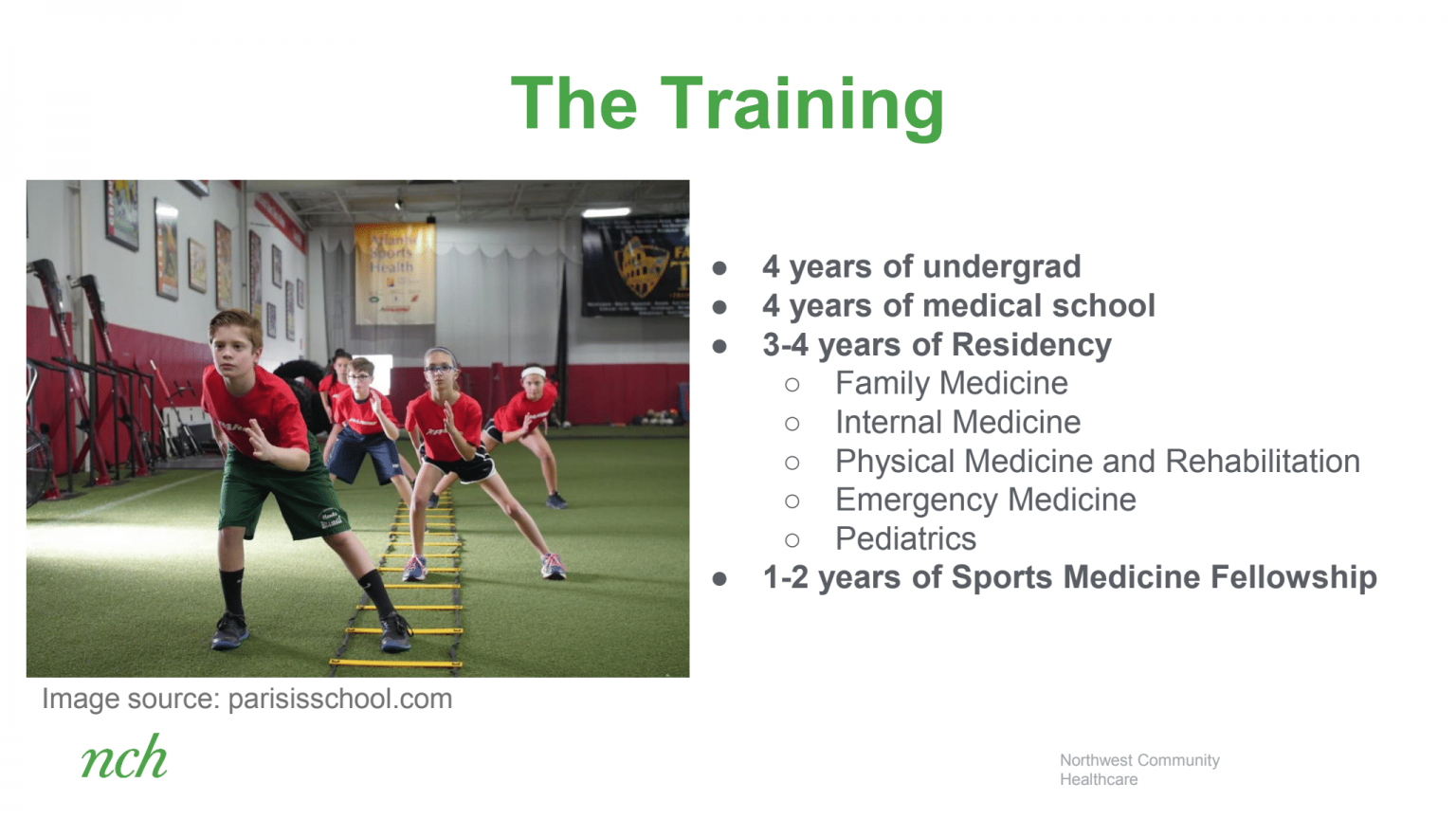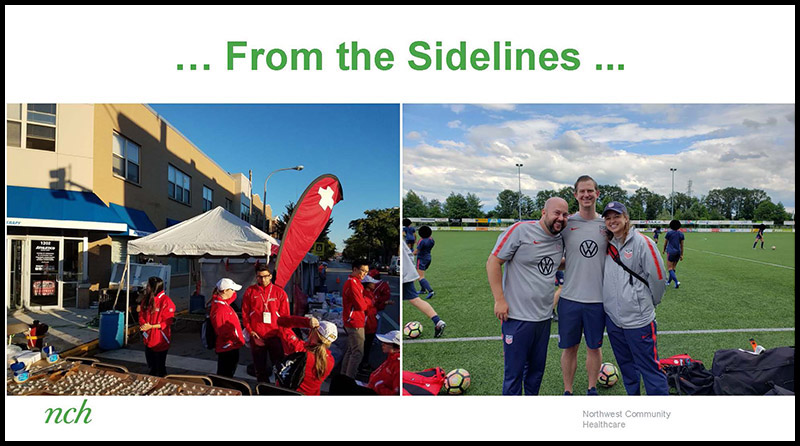Sports Medicine: See this specialist if you’re active
July 22, 2019

Whether you run marathons, participate in sports, consider yourself a weekend warrior or have a nagging pain, certain injuries or conditions can be treated by a specialist. Dave Pohl, D.O., an NCH Medical Group board-certified physician in Family Medicine and Sports Medicine, describes his specialty and the types of patients he treats.
What is a sports medicine physician?
It’s a physician who is uniquely trained to help active patients, athletes and individuals with musculoskeletal or sport-related issues.
How is your training different from a primary care physician or orthopedic surgeon?
Both are well trained in musculoskeletal medicine. A primary care sports medicine physician specializes in non-operative treatment. We go through four years of undergraduate schooling, four years of medical school, three to four years of residency in Family Medicine, or another Primary Care specialty, and complete a one- to two-year Sports Medicine fellowship. We also treat non-musculoskeletal sport- or activity-related conditions. On the other hand, an orthopedic surgeon is trained in both non-operative and operative treatment of musculoskeletal conditions but does not treat non-musculoskeletal conditions.

When should an athlete see a sports medicine physician?
Since not every injury or issue requires surgery, our specialty is a great starting point for your musculoskeletal concerns. We’re able to help diagnose what’s going on and direct you to the proper treatment plan.
How do you diagnose injuries?
A proper diagnosis is based on your medical history, an examination, and often the use of imaging such as X-rays, ultrasound, CT or MRI to look further at the bones and soft tissues to see the injury and guide treatment plans.
What kinds of injuries do you treat?
We treat musculoskeletal injuries from acute ankle sprains to overuse injuries such as rotator cuff injuries. We see patients with fractures, muscle strains, bursitis, tendonitis, stress fractures and more. Some other non-musculoskeletal issues that can be treated by primary care sports medicine doctors include exercise recommendations, treatment of concussions, weight management, nutrition and exercise prescriptions.
What does treatment involve?
Depending on the diagnosis, treatment can involve ice or heat, specific home exercises and stretches, anti-inflammatory medications, corticosteroid and other injections, bracing, splinting or casting, and/or referral to another physician or specialist for further care.
Who else is involved in care for sports medicine?
There are many players in effective sports medicine. From a medical standpoint, there are sports medicine physicians, orthopedic surgeons, primary care physicians, radiologists, ED physicians and emergency medicine services, as well as physical and occupational therapists. Within the community, there are athletic trainers, coaches, fellow players, parents and the athlete’s family. Additionally, the athlete or active individual is part of the process by knowing when to see a physician for pain or injury and actively participating in recovery.
Why is this important?
Having a highly specialized team of many individuals will help the active patient heal and recover. Doctors have special medical training. Coaches and athletic trainers have a unique skill set and see you on a more frequent basis and physical therapists are schooled in recovery.
Does a sports medicine physician work with athletes from professional teams?
Absolutely, but not every sports medicine doctor has the opportunity to work with the pros. However, we do work with athletes of all levels of experience. I recently returned from a trip to the Netherlands in early June where I volunteered with the U.S. Soccer U-15 Girls National Team. This was my first trip with them and I’m hoping to go on many more.

Who did you help and what were your duties?
This team was made up of elite female soccer players ages 15 and under from across the U.S. who will hopefully be on the World Cup roster in four to eight years. My primary role was in both treating injuries and helping to prevent them. I helped with pre-participation exams and worked alongside athletic trainers with assessments and treatment plans. I also worked with the sports scientist regarding hydration and exercise loads. Together, we all worked with the coaches to keep the players healthy through training and ready to compete in their matches.
Dr. Pohl sees patients at 1450 Busch Parkway, Suite 100, in Buffalo Grove. Call 847-459-7860 to schedule an appointment.